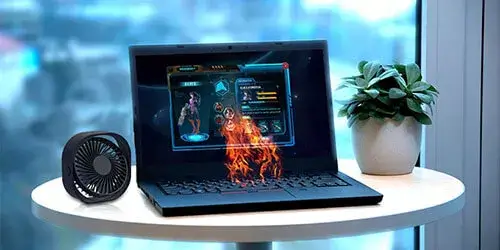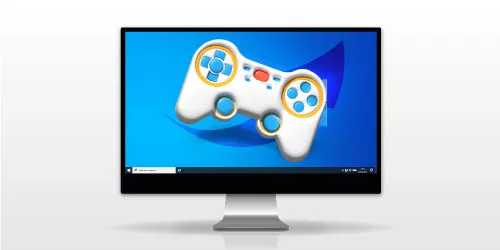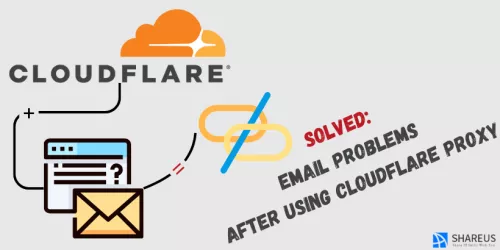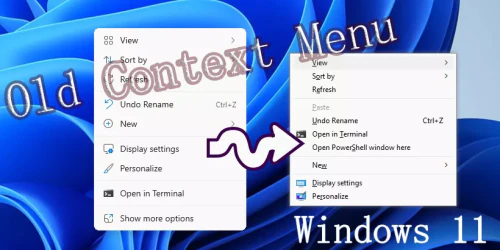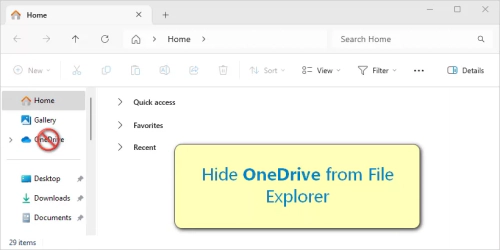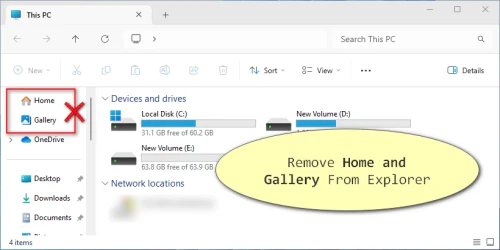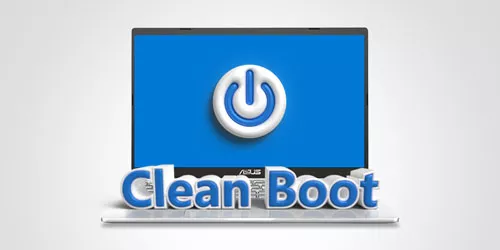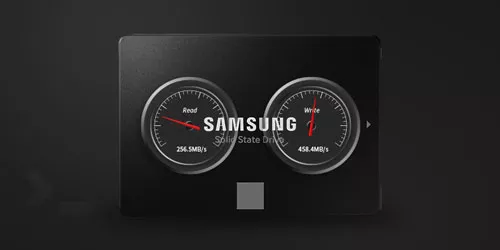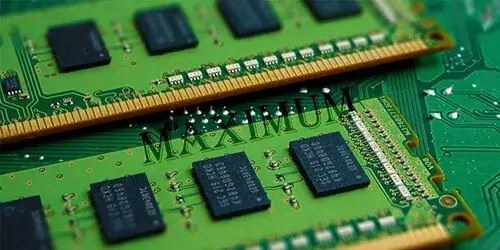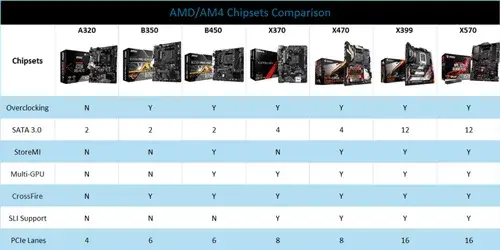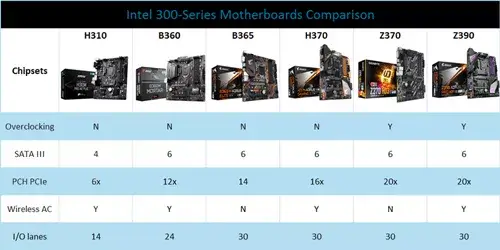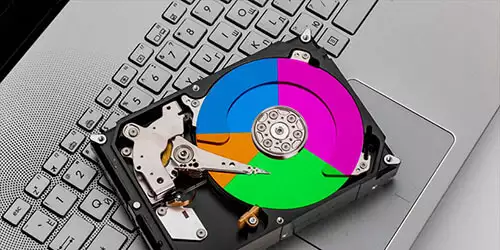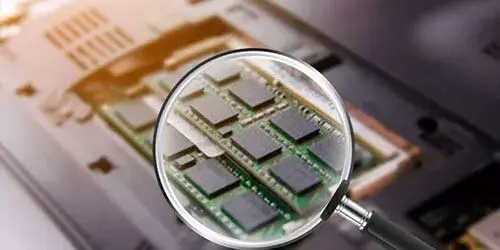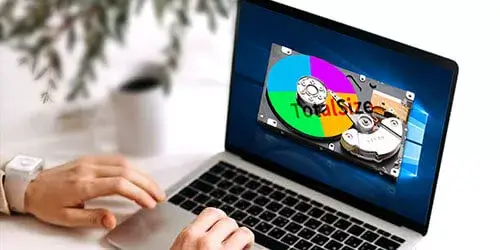Why My HP Pavilion Overheats While Gaming or Working?
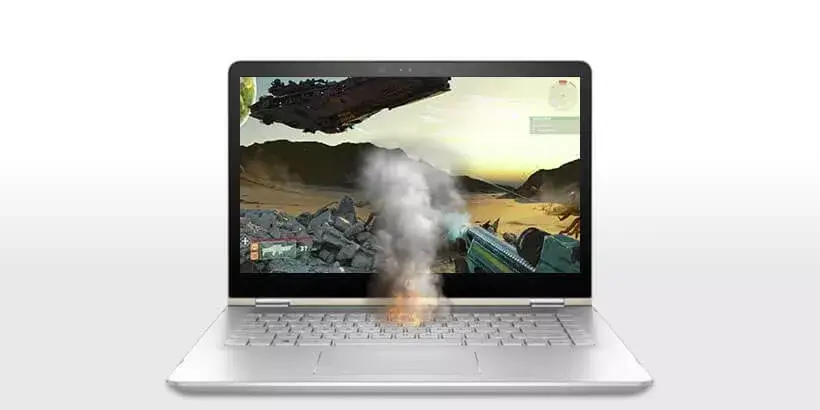
Overheating is the most prominent demerit for laptop as the weather gets hotter and hotter. Today, this post takes HP Pavilion for an example and guides you how to deal with overheating issue while gaming or working.
Here lists some typical cases you may encounter when HP Pavilion overheats:
- A. Windows responds slowly or has no response at all after pressing the power button;
- B. HP Pavilion boots up normally, but the Windows does not respond, restarts suddenly or displays an error message while in use;
- C. Programs run slowly than normal. Some intense applications like games make HP Pavilion get stuck or shut down in the middle of play;
- D. The mouse and keyboard stop responding;
- E. Internal fans make unusual louder noise.
Since overheating threatens laptop in many aspects, working out a solution is necessary to avoid a loss in functionality over time. There are low cost without high-tech solutions and specific settings or software changes for your consideration.
Low Cost without High-tech Solutions
Don't be too nervous if your HP Pavilion gets high temperature. Here are some easy and low cost solutions you can have a try:
1. Dust HP Pavilion periodically.
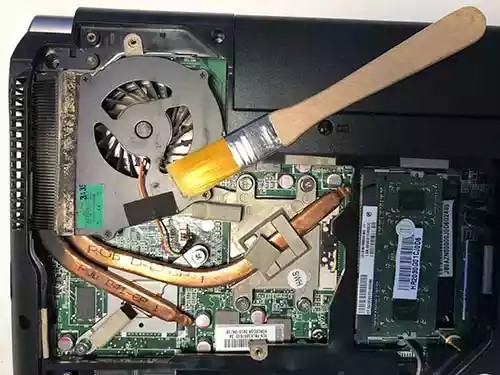
There are small air holes underneath and beside HP Pavilion. The laptop disperses excessive heat through these holes. The inevitable build-up of dust and debris will impact the internal fans working properly. Thus keep your laptop clean with cotton swabs and compressed air can is a must. Make sure to turn off the power when doing cleaning.
2. Place HP Pavilion on a flat and solid surface.

Sometimes your HP Pavilion overheats for the lack of sufficient airflow. This happens all the time when you put it on the bed under the running state. Blankets, pillows and clothes can enclose the laptop from the bottom and block built-in vents. Thus it is highly recommended to place your laptop on a flat and solid surface. Elevating it above your work surface at a comfortable angle can promote better air circulation. Books or boxes are good helpers.
3. Inspect and replace faulty fans.
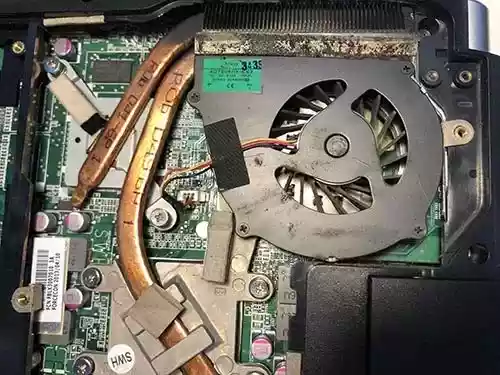
It is worth paying attention to built-in fans after every intervals of some days. You can tell whether the fans function well or not by your ears. If there is any constant loud noise or no noise at all while HP Pavilion is working, then the fans are definitely broken and should be replaced with no doubt. Stop using the laptop and ask a professional technician for a replacement rather than tinkering with it by yourself.
4. Add additional cooling accessories.
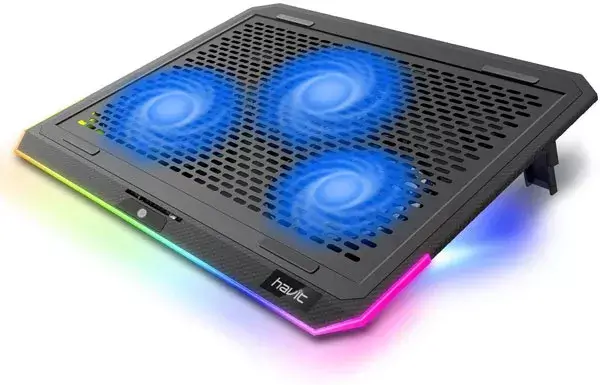
Laptop gets overheating more easily due to its compact design. It is not enough to disperse the heat merely depending on the internal cooling system. Fortunately, there are a lot of fairly inexpensive external cooling pads to aid the work of the internal cooling fans. A cooling pad which consists of 4 to 5 fans can keep your HP Pavilion cool during those hours-long gaming sessions thanks to the increased airflow.
Specific Settings or Software Changes
If your HP Pavilion keeps overheating after you've done all those mentioned above, then you can try the following:
1. Change Power Settings.
Change power settings can decrease power consumption and put less stress on the fans. It is very simple to change power settings by following these steps:
A- Right click the Windows logo key![]() on the left bottom of your screen, then click Power Options.
on the left bottom of your screen, then click Power Options.
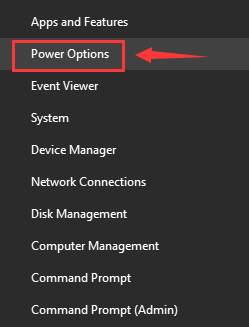
B- Click Additional power settings under Related settings.
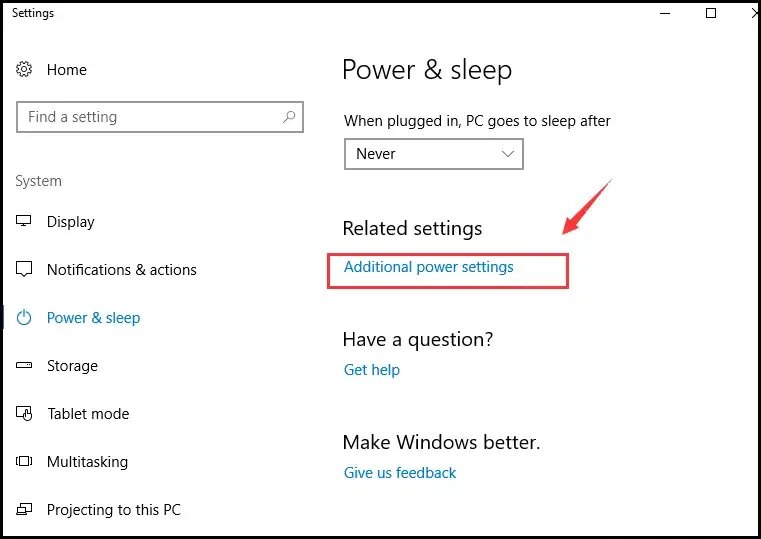
C -Click Change plan settings on the right of the selected power plan.
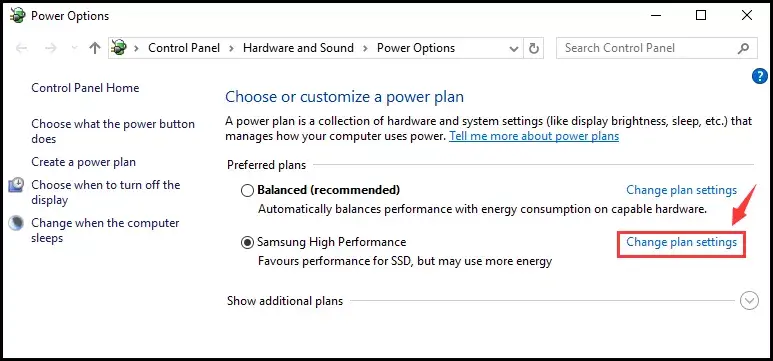
D- Click Change advanced power settings.
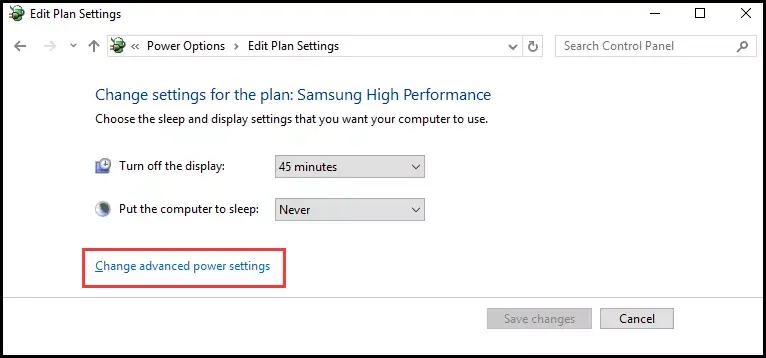
E- Expand Processor power management and System cooling policy.
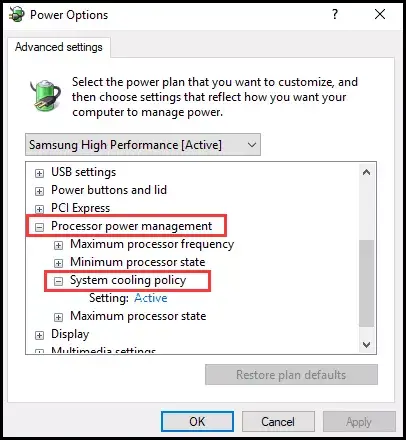
F- Select Passive and click OK to save the change.
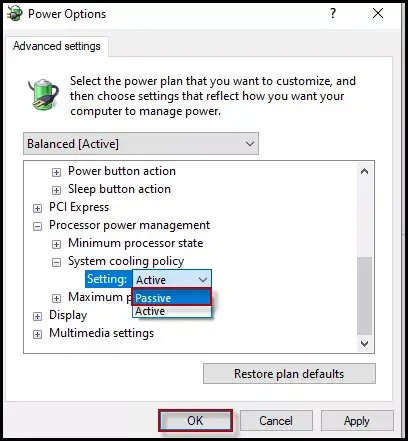
However, the passive cooling mode will reduce the overall system performance while saving power. So it is advised to use the passive cooling policy when HP Pavilion is on battery and active cooling policy when plugged in.
2. Close and uninstall unused software and services.
Don't run too many programs at the same time. For example, you'd better shut down your twitter, Google, Youtube, etc., when you are playing a game. There are some applications which automatically start up along with Windows. They are resource-hogging and strain fans, here shows you how to shut them down:
A- Right click the Windows logo key ![]() on the left bottom of your screen, then click Task Manager.
on the left bottom of your screen, then click Task Manager.
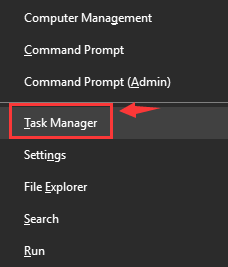
B- Click CPU tab. Here lists programs that are occupying most of the CPU usage. Then select programs you don't need and right click End task.
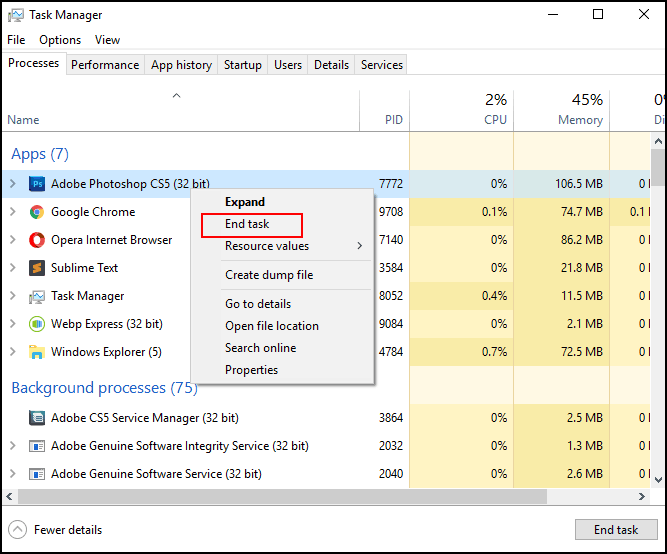
C- Open Control Panel. View by Category and hit Uninstall a program under the Programs.
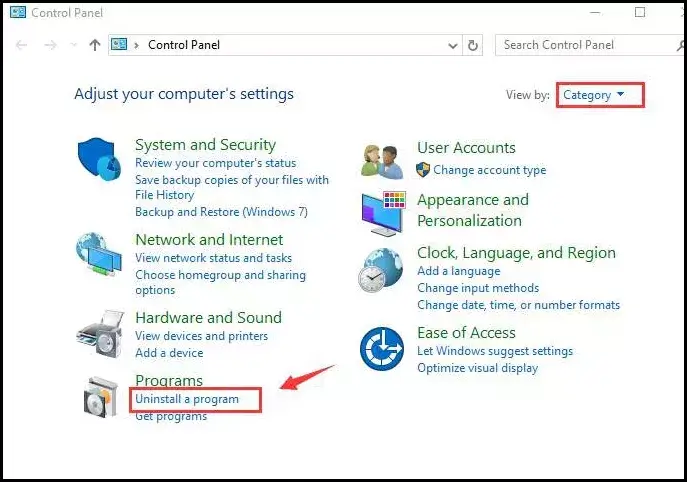
D- Select programs that you don't need and right click Uninstall.
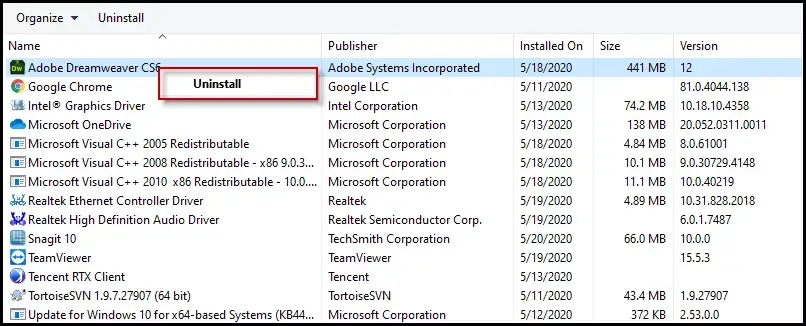
3. Install cleaning and security software.
Accumulated junk files and invalid registry entries will drag laptop to boot up. There are many free and paid software for you to choose. iSunshare System Genius is a good choice for your consideration. Only simple clicks can make your HP Pavilion cleaner and faster.
System Genius Key Features:
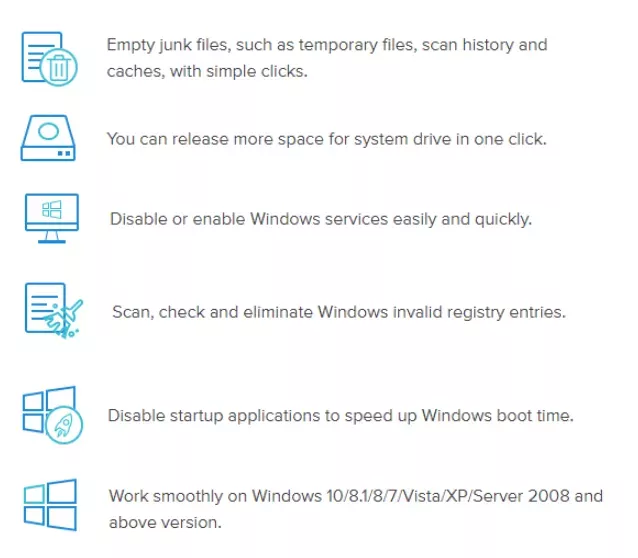
iSunshare System Genius is safe from malware and spyware. You can get full support and a guarantee of 30-day refund.
4. Update the BIOS.
Outdated BIOS can impair laptop's performance. Flash the BIOS is a routine maintenance on your HP Pavilion. However, this process requires relatively difficult operations. Click the link below for more information:
HP Business Desktop PCs - Updating the BIOS (Basic Input Output System)
5. Contact HP Customer Support.
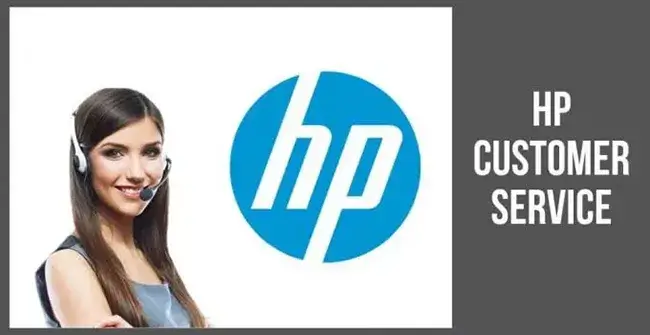
If the overheating issue persists after you've done all these solutions, don't hesitate to contact HP Customer Support for further guidance.
Each component working inside your laptop is within a limited lifespan. Well-maintenance can extend its service life and make the most use of your bucks. Hoping you can be benefit from one of these solutions and enjoy gaming on your laptop.




